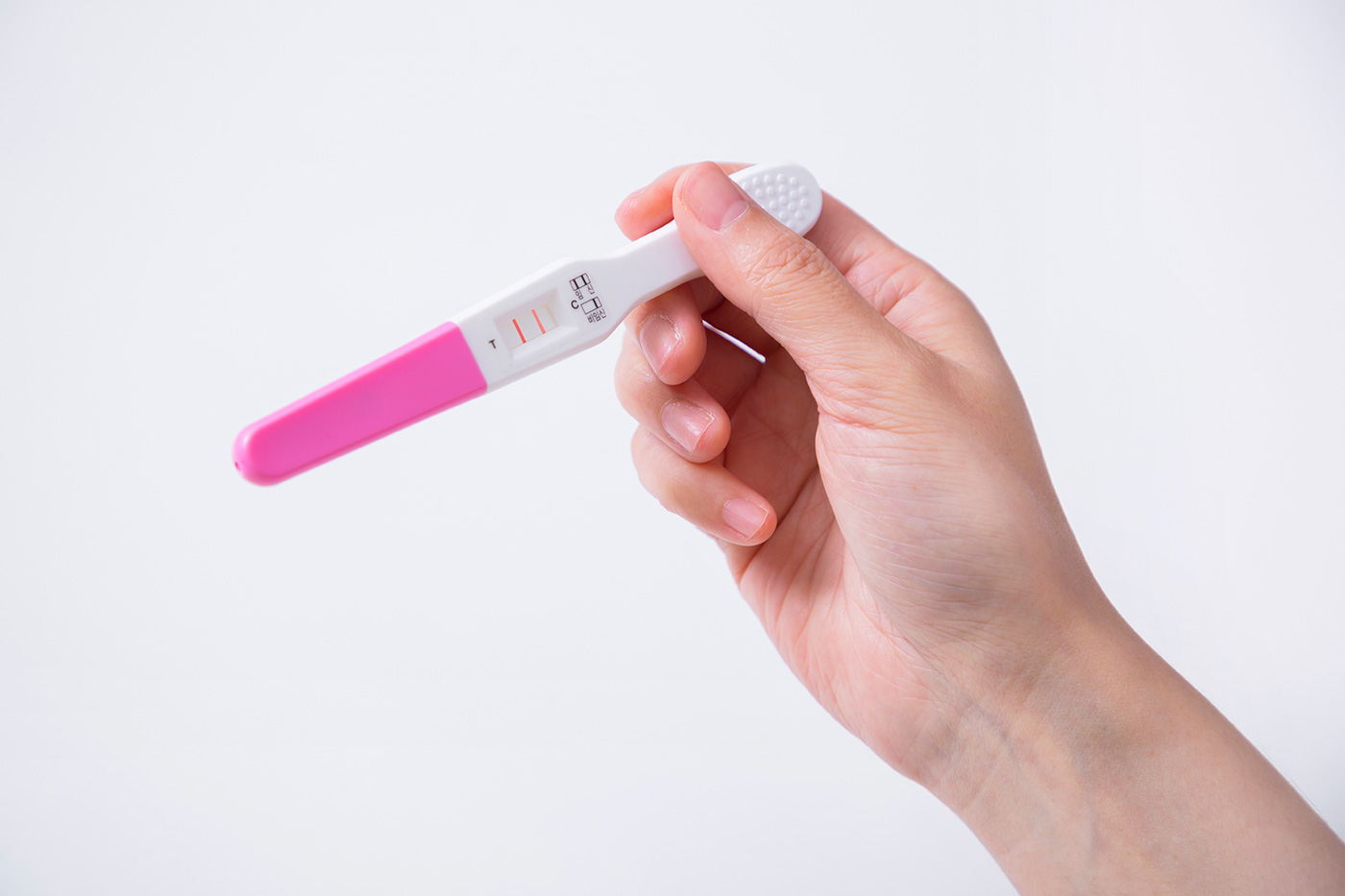How to Tell If You’re Pregnant: Signs, Symptoms, and Testing Methods
How to Tell If You’re Pregnant: Signs, Symptoms, and Testing Methods
Introduction
Wondering if you might be pregnant can bring excitement and anxiety. Recognizing early pregnancy signs and knowing how to confirm your condition is crucial. In this blog, we’ll guide you through the most common pregnancy symptoms, ways to check if you’re pregnant, and when to see a healthcare professional.
1. Common Early Signs of Pregnancy
Before taking a test, many women notice subtle changes in their bodies. Some of the most common early pregnancy symptoms include:
-
Missed Period
- A missed period is often the first sign of pregnancy, especially if your menstrual cycle is regular.
-
Breast Tenderness
- Hormonal changes can make your breasts feel swollen, sore, or more sensitive than usual.
-
Fatigue
- Feeling unusually tired or drained could indicate early pregnancy due to increased progesterone levels.
-
Nausea and Morning Sickness
- Many women experience nausea, with or without vomiting, starting around the 4th to 6th week of pregnancy.
-
Frequent Urination
- An increase in urination can occur as the uterus starts expanding and hormonal changes increase blood flow to the kidneys.
-
Food Cravings or Aversions
- Sudden changes in appetite, including cravings or strong aversions to certain smells or foods, may be an early sign.
-
Mild Cramping or Spotting
- Implantation bleeding, which occurs when the fertilized egg attaches to the uterine lining, can cause light spotting and mild cramps.
2. How to Confirm Pregnancy at Home
If you suspect you might be pregnant, the following methods can help confirm:
-
Home Pregnancy Test
- Home pregnancy tests are widely available and easy to use. They detect the hormone hCG (human chorionic gonadotropin) in urine, which is only present during pregnancy.
- When to test: For the most accurate results, take the test 1–2 weeks after your missed period.
-
Basal Body Temperature (BBT)
- A consistently elevated BBT after ovulation could indicate pregnancy. Track your temperature daily to observe changes.
-
Observing Symptoms
- Keep a journal of any symptoms you notice, especially changes in your menstrual cycle and physical sensations.
3. When to See a Doctor
If you suspect you’re pregnant or have a positive home test result, it’s essential to see a healthcare professional for confirmation and guidance. Here’s what they may do:
- Blood Test: Measures hCG levels more accurately than urine tests.
- Ultrasound: Confirms the pregnancy and determines the gestational age.
- Physical Examination: Assesses early physical changes in the uterus and cervix.
4. What If You’re Unsure?
Sometimes symptoms can overlap with other conditions, such as:
- Hormonal Imbalances: Stress, weight changes, or hormonal disorders can cause symptoms similar to pregnancy.
- Illness: Nausea, fatigue, or missed periods can also result from health issues unrelated to pregnancy.
If in doubt, take a pregnancy test and consult a doctor for clarity.
5. FAQs About Early Pregnancy
-
Can I trust a home pregnancy test?
- Yes, home pregnancy tests are highly accurate when used correctly. However, taking the test too early or not following the instructions may lead to false results.
-
How soon can I test for pregnancy?
- You can test as early as the first day of your missed period, but waiting a week can provide more accurate results.
-
Can I have pregnancy symptoms before a missed period?
- Yes, some women experience early symptoms like fatigue, nausea, or breast tenderness before a missed period.
6. Conclusion
If you suspect you might be pregnant, paying attention to early symptoms and confirming with a home pregnancy test are the first steps. While these methods are helpful, consulting a healthcare professional ensures accurate diagnosis and guidance for the next steps. Remember, every pregnancy is unique, so listen to your body and seek support when needed.
Call to Action
Do you think you might be pregnant or have questions about early signs? Leave a comment below or share this article with someone who might find it helpful. For more health and wellness tips, follow this blog!




Comments